Alcohol is not listed on the Opium Act, the Dutch act which prohibits the possession and use of harmful drugs such as cocaine and xtc. Alcohol is not defined as a hard drug in the Opium Act, however, alcohol is one of the most harmful substances to human beings, especially when used excessively.1 Widely known are the health risks that are paired with an addiction to alcohol, some of them are an increased risk of cancer or heart- and vascular diseases.2
Health risks
According to the government, hard drugs harbour acute dangers and that is exactly the difference between alcohol and hard drugs.3 Alcohol is not considered a hard drug by the government, because, in their eyes, it is not deemed to cause acute danger against which the citizens should be protected. Moreover, the fact that drinking a few beers is considered to be okay in contrast to the use of hard drugs – which is much less accepted – shows that alcohol has a socially accepted image.
Yet, this is doubtful. A recent study shows that alcohol is the most harmful supplement to our health, together with heroin and crack.4 Supporting this finding; alcohol is found to be responsible for the most deaths worldwide.5 But how can it be explained that alcohol is still consumed in such large quantities? Why is there no ban on the sale and use of alcohol yet?

